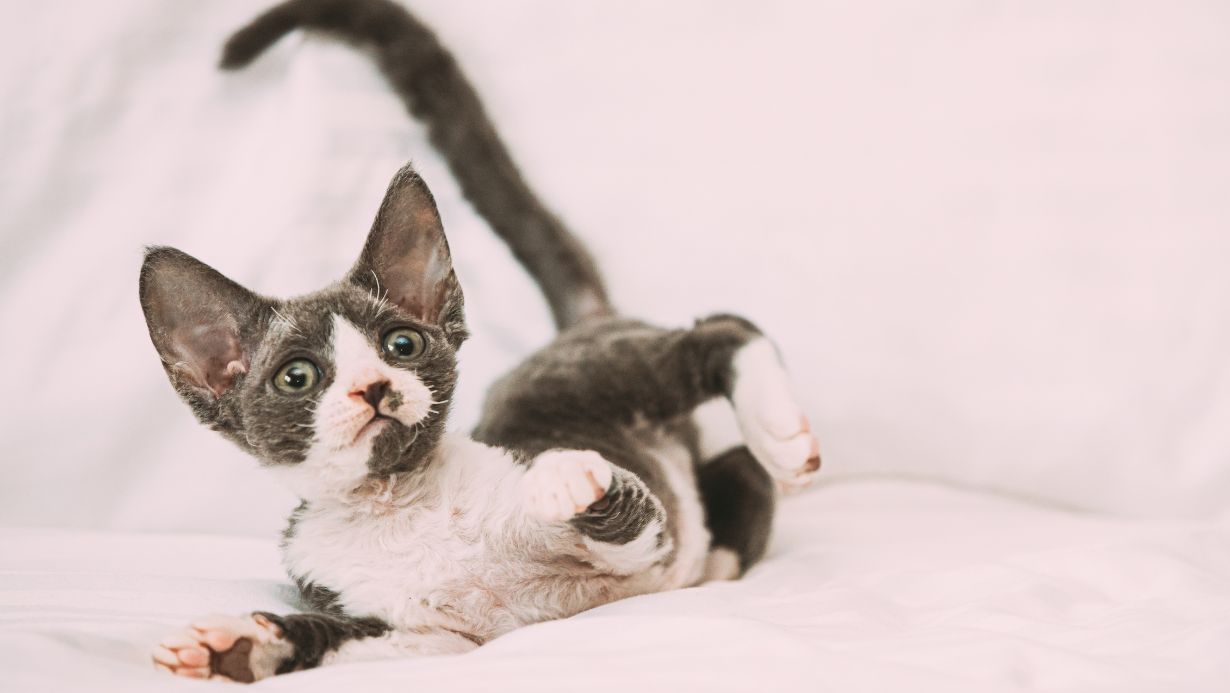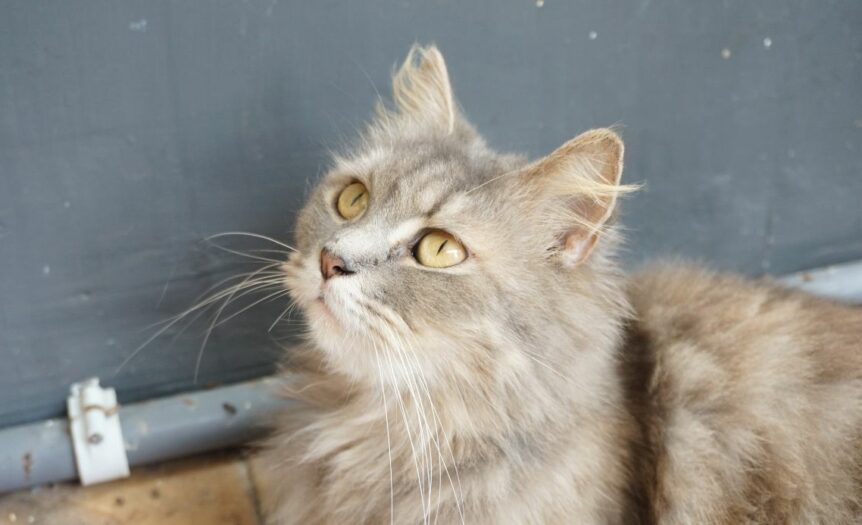Have you recently noticed a sudden change in your male cat’s behavior, with him becoming unusually clingy? It can be perplexing when our pets exhibit new behaviors out of the blue. As an expert in feline behavior, I’m here to shed some light on why your male cat might be displaying this newfound clinginess and what it could mean.
One possible explanation for your male cat’s sudden clinginess is that he may be experiencing anxiety or stress. Cats are sensitive creatures, and any changes in their environment or routine can trigger these emotions. It’s essential to consider if there have been any recent alterations in his surroundings, such as a move, introduction of a new pet, or even changes within the household dynamics.
Why Is My Male Cat So Clingy All of A Sudden
Recent Changes in the Household Dynamics
When a male cat suddenly becomes clingy, it could be due to recent changes in the household dynamics. Cats are creatures of habit and can become stressed or anxious when their environment undergoes significant alterations. Some common changes that may trigger clinginess include:
- New family members: The addition of a new human or animal member to the family can disrupt the existing hierarchy and cause your male cat to seek more attention and reassurance.
- Changes in routine: Cats thrive on routine, so any disruptions such as changes in feeding times, playtime, or even rearranging furniture can make them feel uneasy and more dependent on their owners.
- Moving to a new home: Relocating to a different house or apartment is a major upheaval for cats. They may feel insecure and seek extra comfort from their owners during this transitional period.
It’s important to note that every cat is unique, so while some may react strongly to these changes, others may adapt more easily. Patience and understanding are key when addressing sudden clinginess caused by shifts in household dynamics.
Health Issues that Could be Causing Clinginess
Sometimes, sudden clinginess in male cats can stem from underlying health issues. If your usually independent feline companion begins exhibiting unusual behavior along with increased neediness, it might be worth consulting with a veterinarian. Here are some potential health-related causes:
- Pain or discomfort: Cats often display behavioral changes when they’re experiencing pain or discomfort. This could range from urinary tract infections or gastrointestinal issues to dental problems or joint pain.
- Hormonal imbalances: Male cats who haven’t been neutered may experience hormonal fluctuations that affect their behavior. These imbalances can lead to restlessness and heightened need for attention.
- Age-related ailments: Older cats are prone to certain age-related conditions like arthritis, cognitive decline, or thyroid issues. These conditions can cause them to seek more comfort and reassurance from their owners.
It’s crucial to prioritize your cat’s well-being by seeking professional advice if you suspect that health issues may be contributing to their sudden clinginess.

Hormonal Changes and its Impact on a Cat’s Behavior
Understanding the Role of Hormones in a Cat’s Behavior
When it comes to understanding why your male cat is suddenly clingy, it’s important to consider the role of hormonal changes. Hormones play a significant role in regulating a cat’s behavior, including their level of attachment and need for affection. Just like humans, cats experience fluctuations in hormone levels that can influence their moods and behaviors.
Hormones such as testosterone, estrogen, and progesterone can have a profound impact on how a cat behaves. These hormones are responsible for various physiological and behavioral changes, including territorial marking, mating behaviors, and social interactions. Understanding these hormonal fluctuations can shed light on why your male cat may be displaying newfound clinginess.
The Impact of Testosterone on Male Cats’ Behavior
Testosterone is an important hormone that influences the behavior of male cats. It plays a crucial role in sexual maturity, aggression levels, and territorial instincts. As male cats go through puberty or reach sexual maturity around six months old, they experience an increase in testosterone production.
The surge of testosterone can cause changes in your male cat’s behavior. They may become more assertive or dominant towards other pets or even household members. Additionally, some cats may display increased territorial marking or engage in more vocalization as they seek out potential mates.






